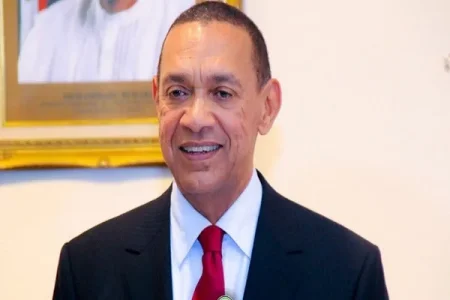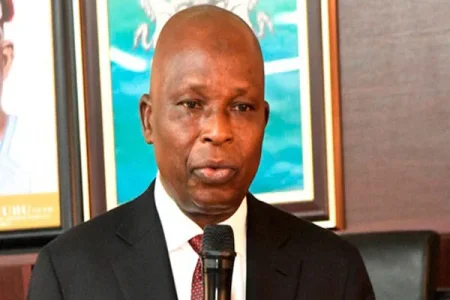
The Trade Union Congress of Nigeria (TUC) has provided clarification regarding its decision not to participate in the two-week warning strike initiated by the Nigeria Labour Congress (NLC) two weeks ago. TUC President Festus Osifo, in an interview, rejected the notion that the TUC had initially expressed its intention to join the strike.
Osifo explained that before announcing a strike, the standard protocol involves one union reaching out to the other for discussions and planning strategies. These strategies include defining the clear-cut strategy, timing, and how to support disadvantaged Nigerians. Both parties typically agree on these aspects before announcing a strike action.
However, in this case, Osifo asserted that the TUC was never contacted by the NLC in any way regarding the strike. The TUC learned about the strike through the media, which surprised them.
Osifo revealed that inquiries on members' group chats prompted the union's leadership, including its National Administrative Council (NAC), Central Working Committee (CWC), and National Executive Council (NEC), to take action. They assigned some officers to follow up on the strike, but there was no clear-cut response from the NLC.
After thoroughly analyzing the situation and considering the timing and strategy involved, the TUC concluded that there was no time for them to go on strike. Osifo emphasized that reneging on a plan only occurs when both parties agree on a course of action, and one party subsequently decides not to proceed.
The clarification from the TUC sheds light on the complexities of labor union dynamics and decision-making processes in Nigeria, particularly concerning strikes and industrial actions.




